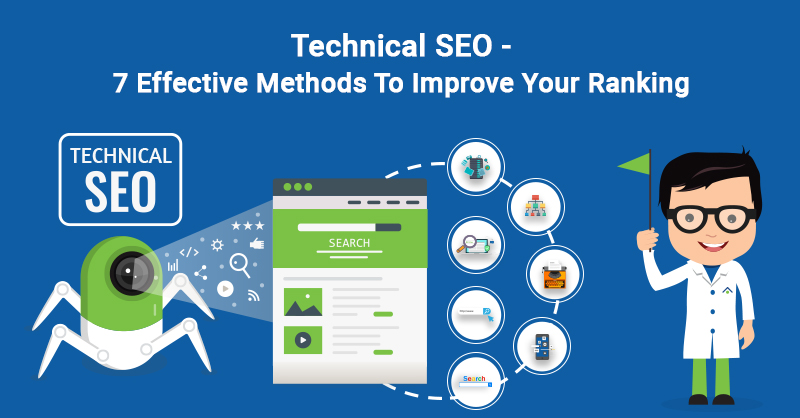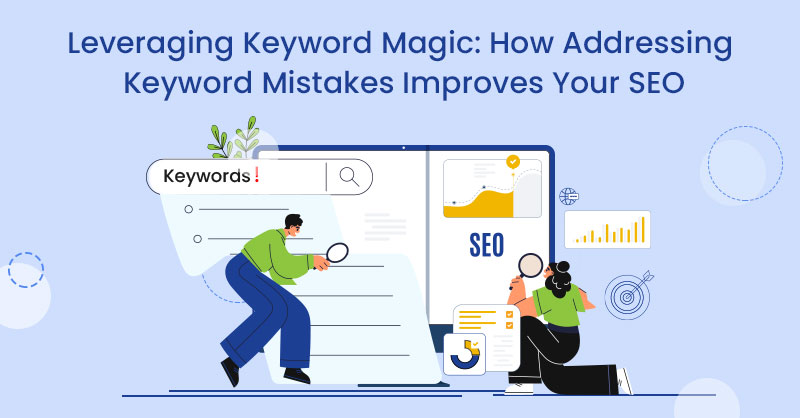Content, links & RankBrain are the top signals for ranking in Google. Google loves content-rich pages. When you have great content, you have great RankBrain advantage, but if your technical SEO is poor, you aren’t going anywhere. Poor technical SEO makes your website uncrawlable, unindexable and inaccessible, defeating the purpose of having links and content on your website. Below are 7 quick tweaks and changes you can make now to give you an edge over your competitors:
1. Enable HTTPS For Your Website
Have you enabled the secure lock for your site yet? When a visitor lands on your website, a lock pad in the address bar tells the user that your site is trustworthy and secure. Especially for e-Commerce sites where your personal information & account details are entered, a lack of security could scare your potential customers to leave your site.
Prominence Of HTTPS
The reality is those people who are already on the https bandwagon, are probably the ones that should continue to other optimizations. A search ranking case study after enabling HTTPS shows that there is a large increase in keyword ranking compared to its closest competitor during the same period.
2. Pay Special Attention To Your Web Host
Pay special attention to your web host where you host your website. Make sure that your webserver runs at optimal speed and is up to date. As you know, web speed is a technical ranking factor so server performance matters!
Look into server downtime, and speed factors that affect ranking. Server performance dramatically affects your ranking. Do regular audits to improve page speed. Clean caches, Enable text compressions, minifications. Optimize TTFB to tackle page speed.
3. Mobile-First Indexing
The mobile revolution has divided web optimizations. We are now looking at both mobile and desktop and each has its own advantages such as the type of audience the site receives.
Globally there are more mobile internet users than desktop users. The fact that Google says the majority of web searches are from mobile users means that mobile will outrank your workstation version.
Also from a keyword standpoint, lots of mobile-optimized versions outrank your optimized keywords. So basically it affects your ranking
If your site is not optimized, your ranking will suffer, and your bounce rate will increase. Here's how to effectively create a mobile-friendly version of your site:
- Use extensions or Google Developer Console to look at what your mobile version looks like while developing the site
- Use the Search Console to fetch both mobile and desktop versions of your site
- Make sure to have a fully responsive website
As mentioned earlier, mobile and desktop users form different target audiences. Studies show most conversions are from workstations and most traffic is from mobile. So traffic from both can be used for such unique goals.
4. Confirm That Your Content Is Being Indexed
If your website is not indexed, it won't show up in results no matter what is typed into a search.
To find out if your website is being indexed, you can type this in a search bar: site:domainname. Google will show you all of the pages of your site which are indexed. When you are doing local SEO and citations, check that all platforms are indexed.
- Ensure no multiple H1’s & Metas are present
- Use search console for index status & Errors
5. Pay Attention To Your Sitemap
When submitting your page directly to Google through Search Console, the easiest way to do is through re-submitting the sitemap. A sitemap helps in easier navigation for the spider to crawl through your site content. Having a good sitemap helps to index that deep level pages or the one valuable page that you want the most.
6. Audit Links From Your Site
You really need to audit links going out from your site. Look for high-quality content while linking out sites with really high domain authority. Here are some items to check:
- Regularly check to remove dead or broken links
- Ensure internal links to other pages are properly done
- When you redirect a page make sure it is redirecting to an apt page
- Perform regular audits to identify all front pages on your site
- Think about your link structure on or off-page bring the importance
Google is good with whether to de-rank you based on link relevancy.
7. Enable Google Search Console (Webmaster Tool)
Search Console helps to monitor the status of your website on SERP. It helps to troubleshoot coverage issues, monitor your website traffic, performance issues and mobile usability issues with your site. It allows you to monitor the health of your website.
These are some of the major functionalities provided by Search Console:
- Helps to crawl and index your site
- Alerts you regarding index issues and easy to fix
- Google search data including keyword impressions CTR can be viewed
- Shows site links
Implementing these quick SEO tips to fix any technical issues on your site means it will perform better in SERPs. Which is your favourite technical SEO tweak? Let us know in the comments section.






